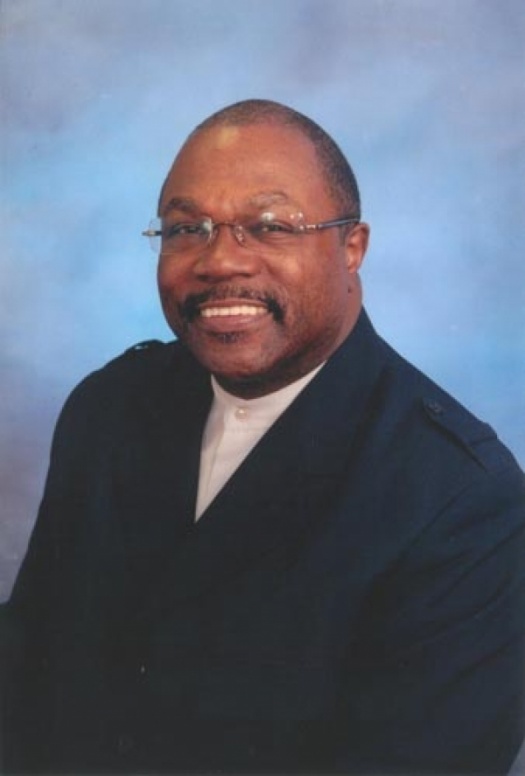
If the public debate around health care was not so tremendously absurd it would be laughable. True there are many questions that one can rationally ask about national health care. The key word here is rationally.
If the public debate around health care was not so tremendously absurd it would be laughable. True there are many questions that one can rationally ask about national health care. The key word here is rationally. Yet, what we have witnessed in America is anything but rational. It is staged, played, acted and has detracted from the real issues of a national health care program for all Americans. Let me take you back for a moment.
Have we forgotten which nation was first to design and implement a public education system for all of its citizens? Let me remind you. It was America! The nation’s most noble and celebrated moments must also include the design and implementation of a Public Education System for all its citizens. Thomas Jefferson was among the first American leaders to suggest creating such an institution. Many of his ideas formed the basis of education systems developed in the 19th Century. After the Declaration of Independence, 14 states had their own constitutions by 1791. Out of the 14 states, seven had direct provisions for education. Jefferson believed that education should be under the control of the government. It should be free from religious biases and available to all people regardless of their status in society. Others who advocated for public education at that same time were Benjamin Rush, Noah Webster, Robert Coram and George Washington. No, they were not socialists, communists or betrayers of the constitution.
Prior to the 1840s, the educational system was very limited and available only to the rich and powerful. Many reformers opposed this and desired all children to gain the benefits of a public education. A system of opportunity based on taxing land owners to help pay for the poor and the landless was initiated. Leaders like Horace Mann in Massachusetts, Henry Barnard in Connecticut, and later Booker T. Washington in Alabama and W. E. B. DuBois in Atlanta took the issue of public education for all people to a higher level. Mann took the educational issues to the public. He and his supporters argued that common schooling could create good citizens to unite society and eventually prevent criminal activity and reduce poverty.
______
To read the rest of this article, subscribe to our digital or paper edition. For previous editions, contact us for details.
In photo: Reverend Dr. Wendell Anthony
Copyright 2009 Chicago Defender. All rights reserved. This material may not be published, broadcast, rewritten, or redistributed.
